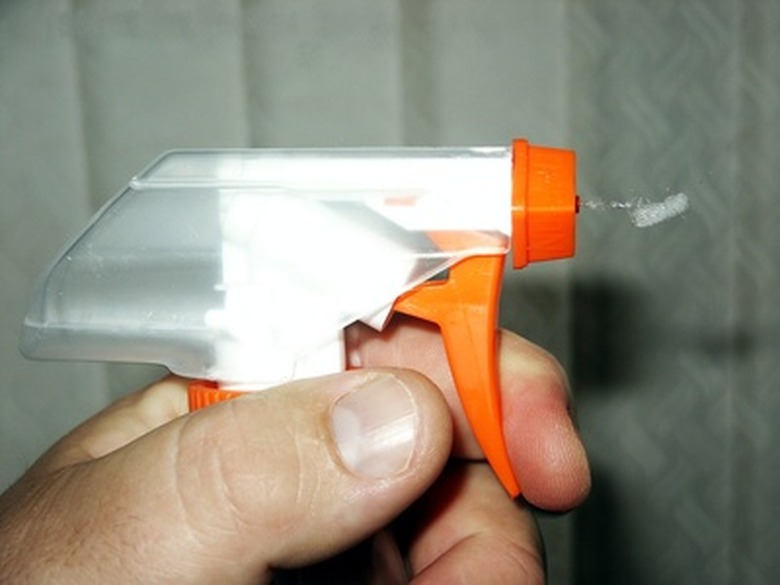Detergent And Plant Growth
Detergents are used to clean various things such as clothes and dishes. Detergents sometimes end up on soil where plants live. These detergents usually do not have a lot of ingredients that will hurt plants. More often than not, the ingredients in detergents are made out of organic materials. However, some kinds of bleach in detergent can be deadly to plants.
Nutrients
Some detergents, especially dish-washing detergents, contain phosphates. Phosphates are chemicals that are essential to all life, including plants. These phosphates are used to transfer energy between cells in a plant. Phosphorus also makes up some of the DNA found in plants, according to CEEP Phosphates.
- Detergents are used to clean various things such as clothes and dishes.
- Detergents sometimes end up on soil where plants live.
Environmental Effects
Detergents can have negative effects on the environment, which can in turn harm the plant. If the phosphorus ends up in nearby water bodies, the phosphates provide excess nutrients for algae, causing them to bloom rapidly in the water and clog the plants, according to CEEP Phosphates.
Deadly Chemicals
Bleach found in some detergents can be harmful or harmless to plants depending on the type. Oxygen bleach is usually not harmful to plants, but chlorine bleach will kill the plants, according to Ask the Builder.
Altering Conditions
Detergents often contain surfactants. Surfactants can often be beneficial to some plants depending on the soil being used. Some soils do not absorb water very well, but surfactants can help change this by acting as a wetting agent, according to North Carolina State University. Soils that cannot absorb water effectively will not give plants all of the water they need, which can cause them to perish. This inability to move through some soils mostly has to do with the size of the pores, which can sometimes be smaller in some soils. Surfactants can especially help the plant if small holes are made in the soil. Also, detergents tend to be very alkaline. This can be beneficial if the plants are in acidic soil. However, if the soil is alkaline to begin with, the detergents can be harmful to the plants. Plants have a difficult time absorbing nutrients from very alkaline soils, especially iron, according to Utah State University.
- Detergents can have negative effects on the environment, which can in turn harm the plant.
- However, if the soil is alkaline to begin with, the detergents can be harmful to the plants.
Harmless Aspects
Detergents usually have anti-foaming agents. These anti-foaming agents are sometimes made out of oils like vegetable oil, which might be helpful to the plant if the plant can absorb some of the nutrients found in the detergent. They also sometimes are made out of silica, which is not harmful to plants. The detergents also often contain perfumes. These perfumes are usually based out of plants and animals, which are not harmful to the plants when put in the soil.
